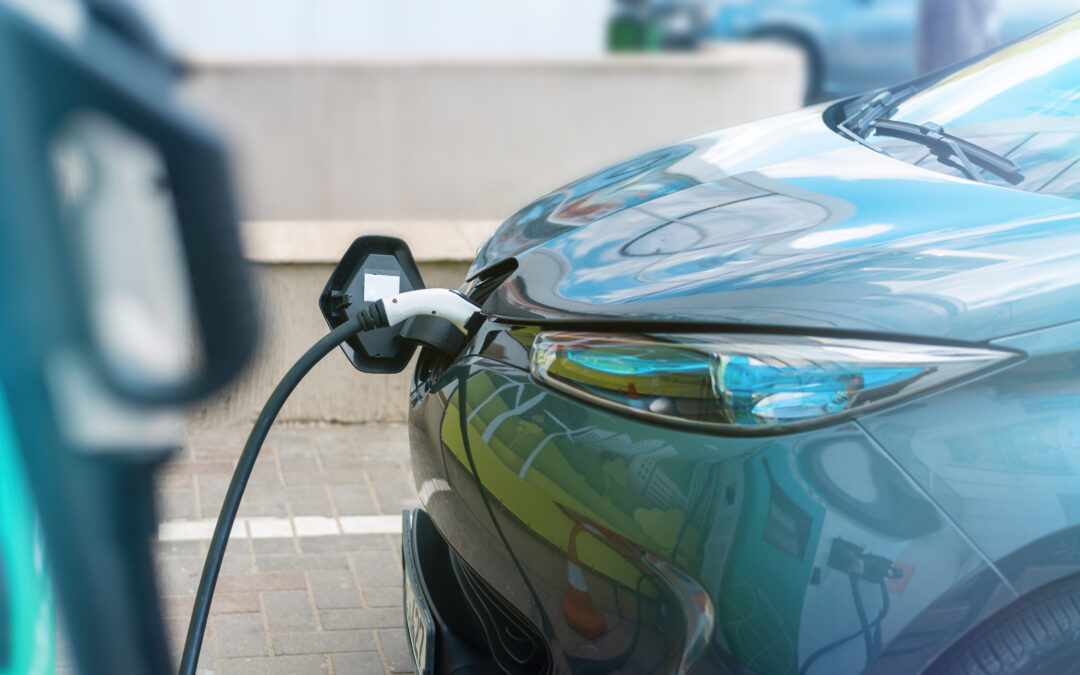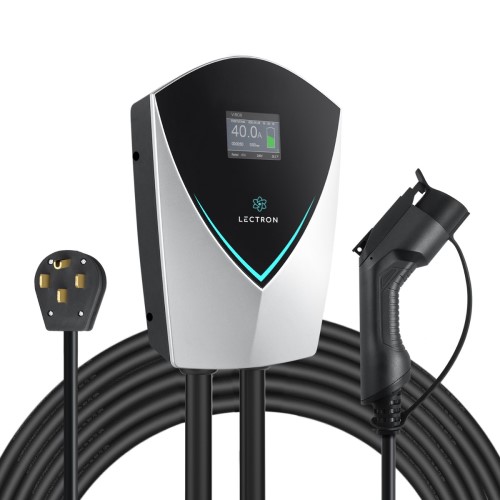As electric vehicle (EV) adoption continues to rise, the demand for charging infrastructure is growing at an unprecedented rate. If you’re considering entering the EV charging station market, this insider’s guide will provide valuable insights, tips, and advice to help you start a successful EV charging station business.
Understanding the EV Charging Station Market
Market Growth and Potential
The global EV market is expanding rapidly, driven by government incentives, increased consumer awareness, and advancements in EV technology. With more people embracing electric cars, the need for charging stations is rising, creating lucrative opportunities for those looking to start an EV charging station business.
Target Customers
Your target customers may include EV owners, body shops, and businesses requiring tools or supplies for auto repair or car detailing. Understanding your target audience will help you tailor your business strategy and marketing efforts to reach them effectively.
Selecting the Right Charging Station Types
There are three primary types of EV charging stations, each with its advantages and drawbacks
Level 1 Charging Stations
Level 1 stations utilize standard 120-volt household outlets and are typically used for residential or overnight charging. They offer the slowest charging speeds but require minimal investment.
Level 2 Charging Stations
Level 2 stations use 240 volts, providing faster charging than Level 1. They are commonly found in commercial and public spaces such as parking lots, shopping centers, and workplaces.
Level 3 Charging Stations
Also known as “superchargers,” Level 3 stations provide the fastest charging speeds, capable of charging an EV’s battery up to 80% in 20-30 minutes. However, they are more expensive to install and require a higher power capacity.
Determining Your Business Model
Consider whether you want to operate as a standalone charging station business or partner with existing businesses, such as body shops or car dealerships. Your choice will affect the type of charging stations you offer, your target market, and your overall business strategy.
Location, Location, Location
Choosing the right location is crucial for your EV charging station business. Factors to consider include accessibility, visibility, proximity to popular destinations, parking availability, and local EV ownership. By selecting an optimal location, you can maximize your charging station’s usage and profitability.
Investing in Quality Equipment
Partner with reputable brands like LECTRON to ensure the quality and reliability of your charging equipment. Investing in high-quality charging stations will enhance your customers’ experience, boost your business’s reputation, and reduce maintenance costs in the long run.
Becoming an Approved EV Charger Installer
To become an approved EV charger installer, complete a certification program that covers safety standards, equipment knowledge, and installation procedures. These programs may be offered by industry associations, manufacturers, or independent training providers. Once certified, you’ll have the necessary skills and credibility to install EV charging stations for your own business or as a contractor for others.
Budgeting for Your EV Charging Station Business
Installation Costs
The cost of installing an EV charging station varies depending on factors such as the type of station, equipment, and location. For example, how much does it cost to install an EV charger at home may be different from the cost of installing a commercial charging station. Make sure to include these expenses in your initial budget.
Ongoing Expenses
Operating an EV charging station business also involves ongoing costs, such as electricity, maintenance, software updates, and insurance. Be sure to account for these expenses when planning your business.
Generating Revenue
There are several ways to generate income from an EV charging station business, including:
Charging Fees
You can charge customers based on the duration of charging or the amount of electricity used (measured in kilowatt-hours). Experiment with different pricing models to find the one that works best for your business and target audience.
Subscription Plans
Offer monthly or annual subscription plans that grant members unlimited access to your charging stations for a fixed fee. This can help you build a loyal customer base and generate consistent revenue.
Advertising Opportunities
Partner with local businesses to promote their products and services at your charging stations. Advertising can be displayed on your charging station’s screen, signage, or through mobile apps.
Promoting Your EV Charging Station Business
Market your EV charging station business through various channels, such as social media, online directories, and local advertising. Collaborate with local businesses and attend community events to build awareness and establish partnerships. Make sure your charging stations are easily found by using platforms like Google Maps and EV charging station apps.
Navigating Regulations and Incentives
Research and comply with local, state, and federal regulations related to EV charging stations. This may include permits, safety requirements, and accessibility standards. Keep an eye on government incentives, such as grants and tax credits, that can help offset the costs of starting and operating your EV charging station business.
Maintenance and Support
Develop a maintenance plan to ensure your charging stations remain functional and efficient. Regular inspections, cleaning, and software updates will help prevent downtime and maintain customer satisfaction. Offer customer support to address any issues or questions that may arise during the charging process.
Expanding Your Business
As your EV charging station business grows, consider adding more charging stations, upgrading existing stations, or expanding into new locations. Stay informed about industry trends and advancements in charging technology to ensure your business remains competitive.
Conclusion
Launching an EV charging station business is an exciting opportunity in the rapidly growing electric vehicle market. By understanding your target market, selecting the right charging station types, and creating a solid business plan, you can establish a successful and profitable business in this emerging industry.
FAQs
Q: How much does it cost to charge an EV at a charging station?
A: The cost varies depending on the type of charging station, location, and the vehicle’s battery capacity. Some charging stations offer free charging, while others charge by the minute or kWh.
Q: How do I use EV charging stations?
A: To use an EV charging station, simply plug the charger into your vehicle’s charging port and follow the station’s instructions for payment and activation. Depending on the station, you may need to use an app, RFID card, or credit card to initiate the charging process.
Q: How long does it take to charge an EV at a charging station?
A: Charging times depend on the type of charging station and the vehicle’s battery capacity. Level 1 stations can take up to 20 hours for a full charge, while Level 2 stations typically take 4-6 hours. Level 3 stations, or superchargers, can charge a battery up to 80% in just 20-30 minutes.
Q: How can I find EV charging stations near me?
A: There are several apps and websites, such as PlugShare and ChargeHub, that allow you to locate and navigate to nearby charging stations. Additionally, some EVs have built-in navigation systems that display charging station locations.
Q: Do I need special adapters for different EV charging stations?
A: Most charging stations use a standard connector, but some may require an adapter, especially if your EV is from a different region or manufacturer. Tesla, for example, provides adapters for its vehicles to use non-Tesla charging stations. It’s essential to carry the necessary adapters to ensure compatibility with different charging stations.





Recent Comments